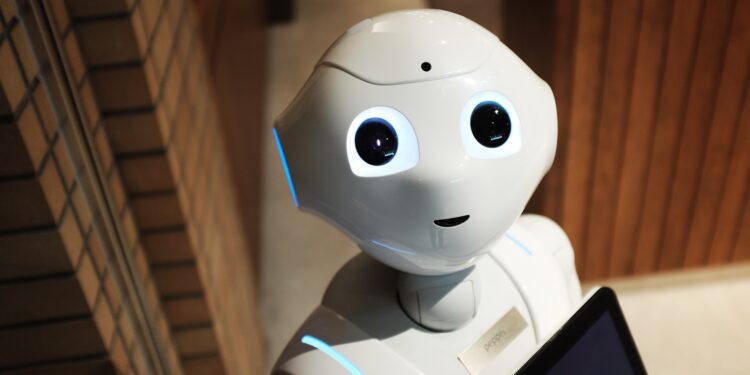TikTok: Companies are Selling AI Therapy!
“When a real company, Koko tried using chatbots, it didn’t work because people knew they were chatbots. The patients didn’t care when the chatbot said “I understand how you’re feeling” because they knew it was an empty, emotionless statement.”
@dr.brein Can an AI chatbot really be your therapist? ________ This video was supported by the Pulitzer Center through the Truth Decay Grant Initiative, in collaboration with OpenMind Magazine. To read more about this topic, check out the accompanying article on OpenMind’s website, found in my bio 🔗. #PulitzerCenter #neuroscience #AI #therapy #empathy ♬ Mysterious and sad BGM(1120058) – S and N
“Would you let an AI chatbot be your therapist? A recent study wanted to know if this would work, so they asked AI about 200 questions from the “Ask Doctors” page on Reddit. Then they put those answers next to responses from real human doctors, and asked healthcare providers to judge which was better, without knowing which one was AI. What do you think happened? They actually rated the chatbot’s answers as better 78% of the time, and found that they were more likely to be empathetic.
But this raises a key point: empathy.
Everybody knows that ChatGPT can’t feel emotions. Therefore, it’s not capable of empathy, because it can’t really understand what you feel. And some scientists think that this is where AI really loses: chatbots will never work as therapists because humans won’t accept or appreciate empathy from a robot.
When a real company, Koko
tried using chatbots, it didn’t work because people knew they were chatbots. The patients didn’t care when the chatbot said “I understand how you’re feeling” because they knew it was an empty, emotionless statement.
But it makes me wonder, if chatbots continue gaining in use and acceptance, and we come to respect them more, this could change. And I’m curious how you’d feel about that.
If 100 years from now, AI chatbots are considered trained psychiatrists, would this be good or bad for society? It might seem ridiculous, but it’s real-life. Right now, we essentially hold that decision in our hands. We are the first humans to coexist with these large language models, and we actively voting as consumers, with our clicks and our wallets, to determine the future of AI. In what capacity will we come to embrace AI? Where do we draw the lines? It’s something to think about as we navigate this new virtual world. Thank you for your interest, and please follow for more science.















